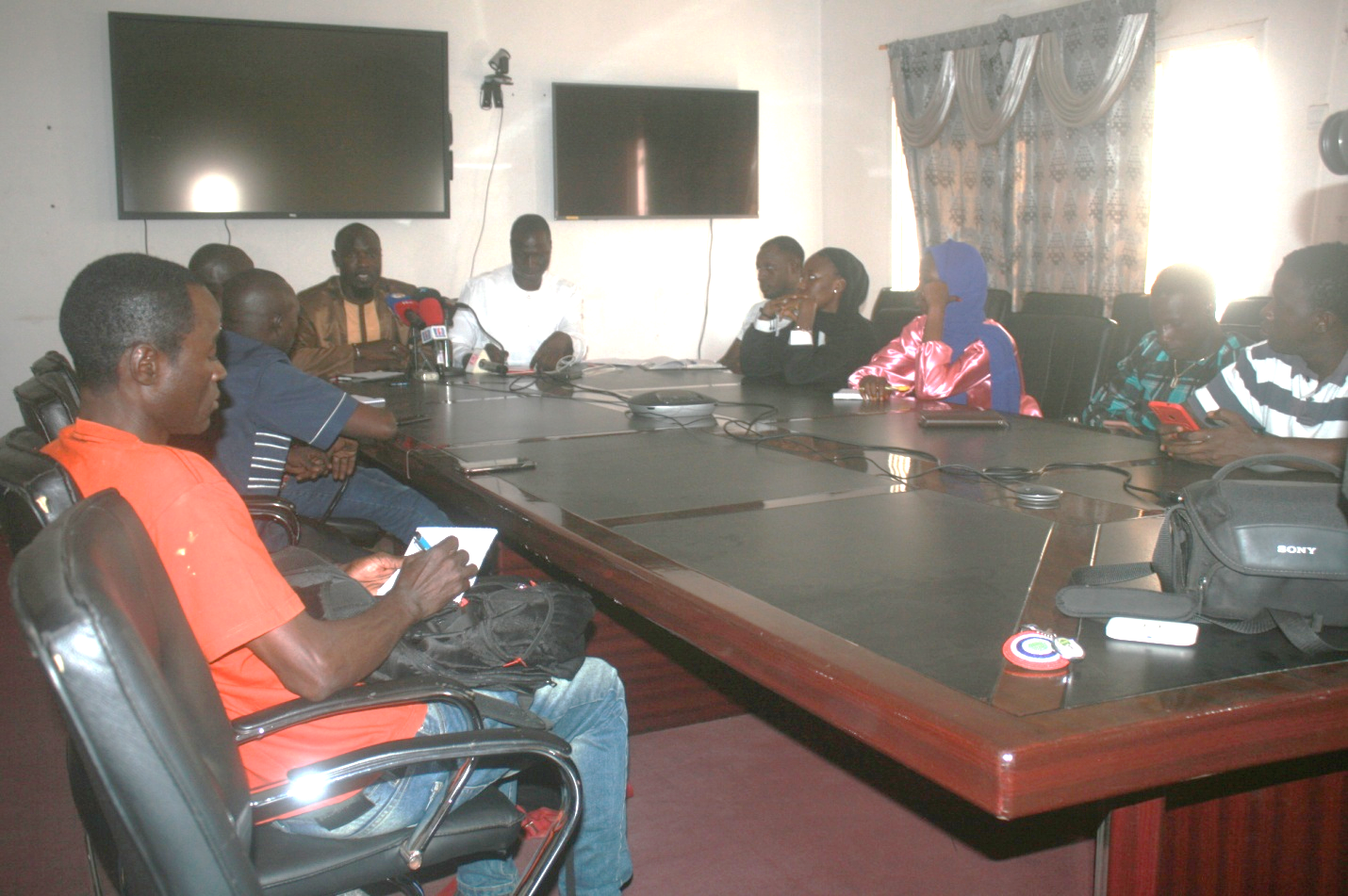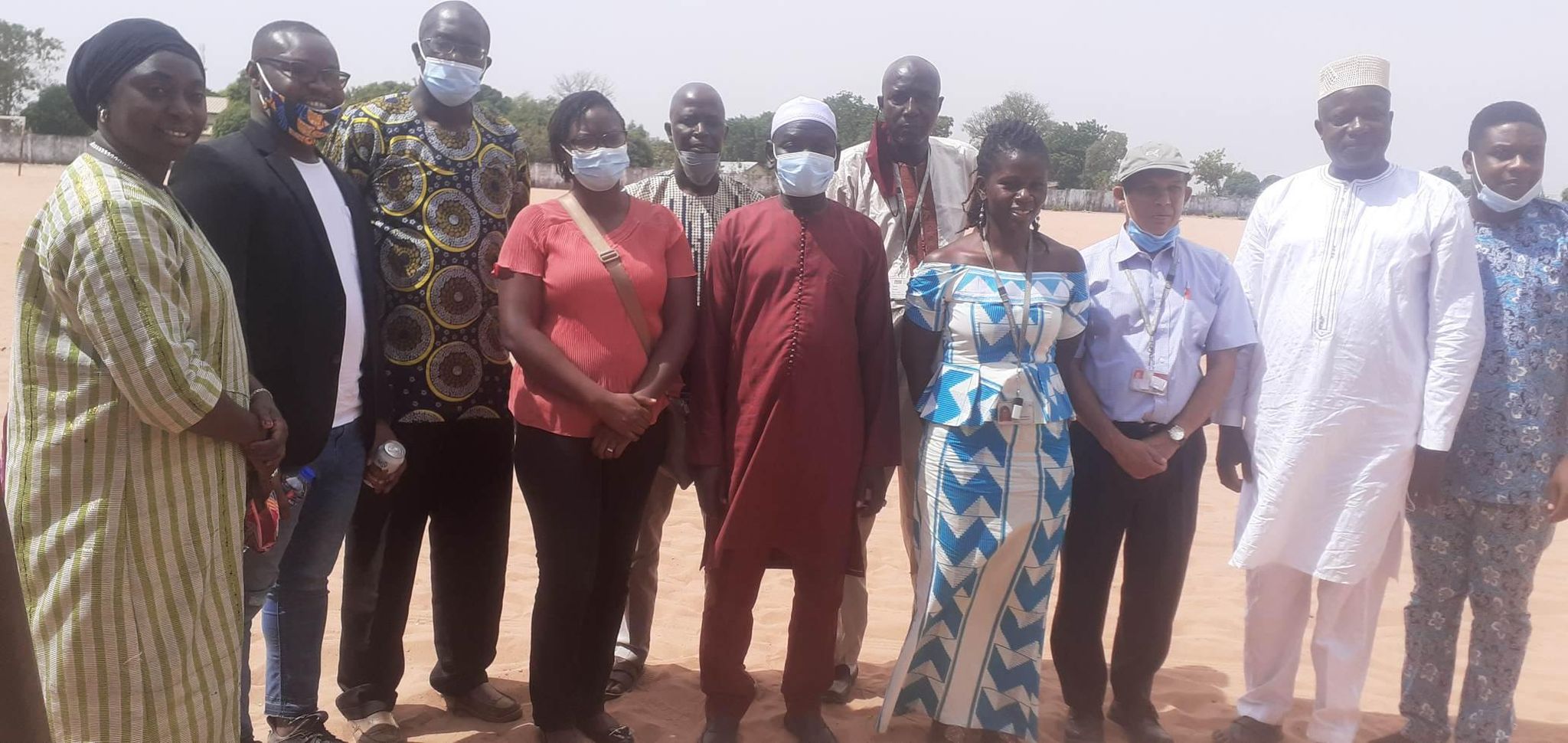By: Binta Jaiteh
The Gambia on Friday, April 25th, joined the globe in commemorating World Malaria Day, with a renewed focus on accelerating progress towards malaria elimination.
The event also marked the launching of a new project aimed at reducing malaria infections and improving health outcomes in The Gambia. This initiative, funded by the China International Development Cooperation Agency (CIDCA) and implemented in partnership with the International Federation of Red Cross and Red Crescent Societies (IFRC), is a significant contribution to The Gambia government’s efforts to eliminate malaria by 2030.
Speaking at the commemoration ceremony held in Brufut, President of The Gambia Red Cross Society, Fabakary Kalleh said the project was intended to complement and enhance ongoing national efforts spearheaded by the Ministry of Health and its Roll Back Malaria partners in its shared goal of eliminating malaria throughout the country. It is expected to benefit approximately 420,000 individuals, including 70,000 children mainly from the Upper River, Central River and West Coast Regions.
“We are confident that this project will bring a meaningful impact to our communities. Malaria is both preventable and curable, and by working closely with Rollback Malaria partners including local communities, we will eliminate malaria and contribute to overall health outcomes in the Gambia,” he reiterated. This Malaria Elimination Project, he says, is anchored on a gender-inclusive, community-led approach, and aimed at fostering enhanced synergy and complementarity among all malaria stakeholders.
Ida Jeng, the Regional Director of Tourism in West Coast Region who represented the Governor of West Coast disclosed that The Gambia has developed a collaborative working relationship with neighbouring Senegal.
According to her, the two countries have a memorandum of understanding that governs their communication, data sharing, and program interactions. “To date, the two countries have successfully implemented synchronized Insecticide Treated Net distribution campaigns along the borders as well as a cross-border malaria case-based surveillance and response exercise. Another such mass Insecticide Treated Net distribution will be simultaneously conducted by the two sister countries to enhance malaria prevention and control interventions,” she pointed out.
“I implore on all stakeholders and partners in development to put our efforts and resources together in the drive to malaria elimination for a more productive and malaria free population in order to attain our set target goals within the National Development Plan (NDP),” she added.
Other speakers included the Deputy Programme Manager of National Malaria Control Programme, Balla Gibba who described World Malaria Day as an opportunity to highlight the achievements and breakthroughs that have been made in the fight against malaria.
“It also gives us the opportunity to raise awareness in the fight against malaria for those most affected by the disease like pregnant women and young children.”
“The Gambia, has achieved significant gains in reducing the malaria burden over the last decade. The number of confirmed malaria cases dropped by more than 50% in 2024 from 249,437 in 2015 to 107,926 in 2024. The current malaria strategic plan is grounded on a firm footing of eliminating malaria in The Gambia,” he added.
Malaria remains a major public health issue in The Gambia, impacting thousands of lives each year. Despite significant progress in recent years, the disease continues to pose a serious threat, particularly to vulnerable populations such as children and pregnant women and imposes a significant burden on the country’s economy.





